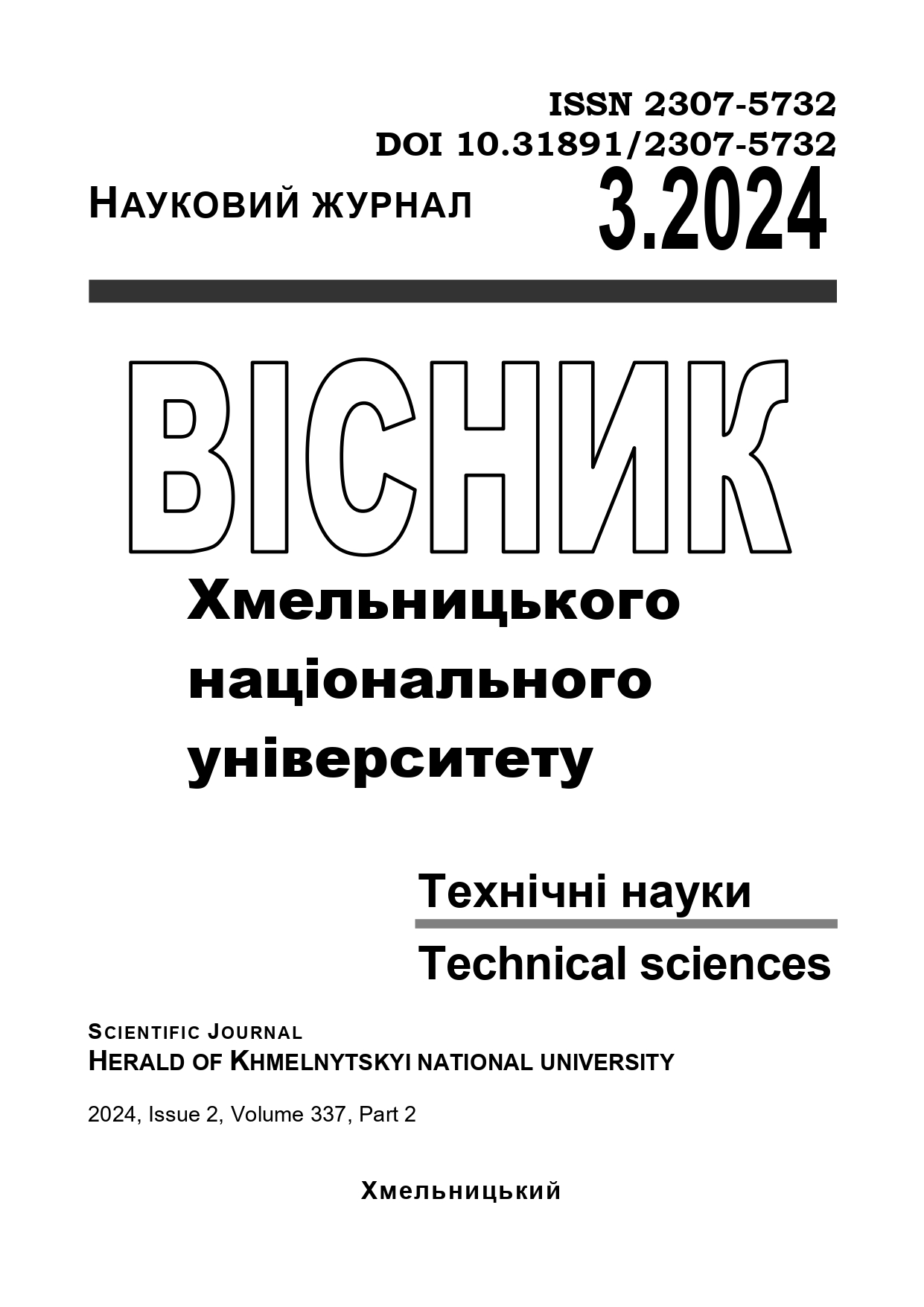RESEARCH OF THE FEASIBILITY, METHODS, AND WAYS OF SOFTWARE OPTIMIZATION TO SPEED UP THE WORK OF WEB APPLICATIONS
DOI:
https://doi.org/10.31891//2307-5732-2024-337-3-51Keywords:
optimization, ways of optimization, web application, optimization methods, web application stabilityAbstract
The article considers topical issues of expediency, methods and ways to optimize software in order to increase the speed of web applications. In today's world, where users expect instant response from websites and applications, the speed of web applications becomes a critical factor for successful business operations. Software optimization not only improves the user experience, but also reduces the load on servers, which in turn can lead to significant reductions in infrastructure costs.
The article analyzes in detail various optimization methods, including compression of resources (images, CSS, JavaScript), which allows you to significantly reduce the size of files and speed up their download. The efficiency of using caching on the server and the client, which reduces the number of requests to the server and reduces the time of loading pages, is considered. Considerable attention is paid to minifying and optimizing JavaScript code, which is one of the most important aspects for resource-constrained mobile devices.
Techniques for optimizing page loading, such as lazy loading, which allows you to load content only when the user needs it, are separately considered. An important aspect is the efficient use of browser APIs and DOM manipulation, which can significantly reduce latency when interacting with a web application. The effectiveness of using modern frameworks and libraries that offer built-in tools for optimization is also analyzed.
The article discusses web application performance analysis tools such as Lighthouse, WebPageTest, and others that allow you to identify and eliminate performance bottlenecks. Based on the analysis, recommendations are given for further actions aimed at improving the speed of web applications. A comparison of the effectiveness of various optimization approaches and techniques was carried out, which allows to determine the most appropriate for specific conditions.
The study highlights the importance of a comprehensive approach to web application optimization, including both technical and organizational aspects. Prospects for further research in this area are identified, in particular in the direction of automation of optimization processes and the use of artificial intelligence to predict and eliminate performance problems.

